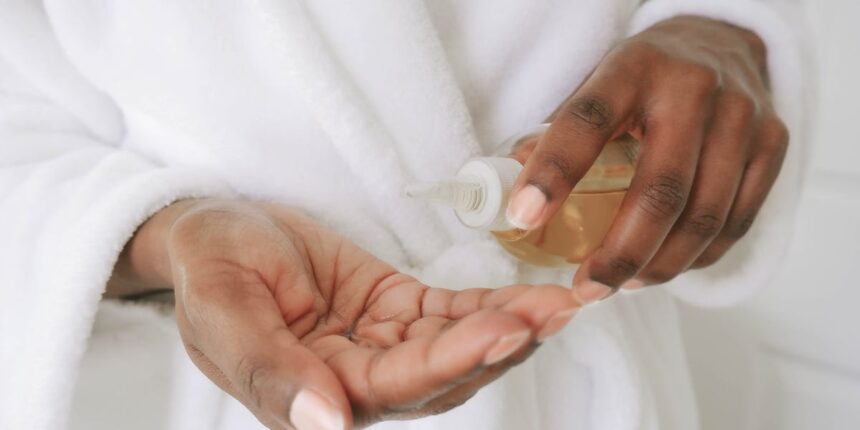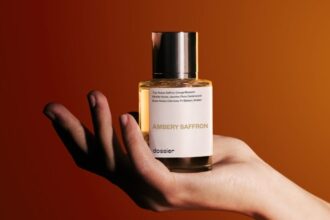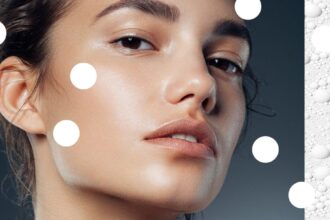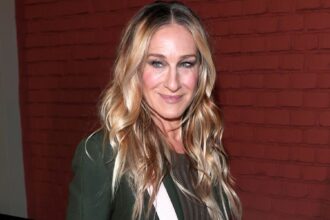Hair oiling, an ancient practice that has been rediscovered through #HairTok, is a holistic approach to hair care that offers numerous benefits. Experts such as Nikita Mehta, Andrew Fitzsimons, Neera Nathan, MD, and Mona Gohara emphasize that hair oiling can improve hair health, texture, and appearance, as well as promoting overall scalp and hair wellness. Rooted in traditional Ayurvedic practices, hair oiling involves the use of natural oils to nourish the hair and scalp by massaging them in for strength, moisture, and conditioning purposes. The benefits of hair oiling include deep moisturizing, protection from breakage and environmental damage, reduction of dandruff and flaking, boosting hair radiance, and potentially stimulating hair growth.
While hair oiling is generally safe for everyone, those with skin conditions like flaky dandruff should be cautious. Andrew Fitzsimons recommends using the correct type and amount of oil based on hair type to avoid issues like clogged pores, dandruff, and hair fallout. People with fine or naturally oily hair may want to limit the practice to the scalp only, and those with scalp infections or allergies should avoid hair oiling. There are different oils that can be used on the hair, each offering unique benefits. Amla oil, neem oil, castor oil, argan oil, marula oil, coconut oil, almond oil, rosemary oil, and black seed oil are some of the common oils recommended by experts for hair care.
The frequency of oiling the hair can vary depending on factors such as hair type, texture, and overall hair health. Oiling can be done one to three times a week, with those with dry or damaged hair potentially benefiting from more frequent use. Dr. Nathan suggests starting with once or twice a week and adjusting as needed based on how the hair responds. Mehta recommends choosing an oil based on hair type and needs, heating it between the palms, massaging it into the scalp and hair, leaving it on for at least 30 minutes, and washing it out with a mild shampoo. Leaving the oil in overnight can allow for better absorption and nourishment, but the timing ultimately depends on individual schedules.
Overall, hair oiling is a simple practice that can benefit anyone looking to improve hair health. With its numerous benefits and minimal downsides, it is a popular choice for promoting strong, shiny, and healthy hair. Experts emphasize the importance of choosing the right oil for specific needs and hair types, as well as being cautious of potential side effects for certain individuals. By incorporating hair oiling into a regular hair care routine, individuals can experience improved hair health, texture, and overall well-being.







